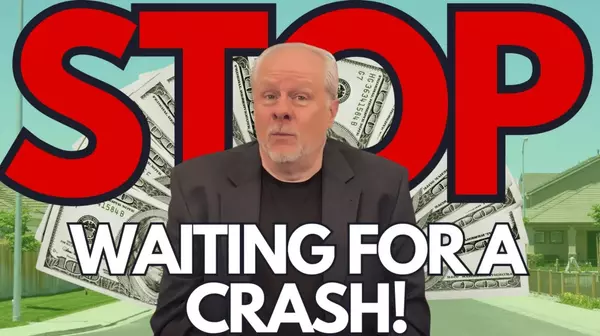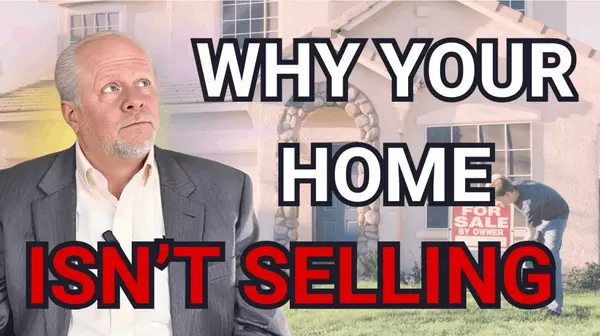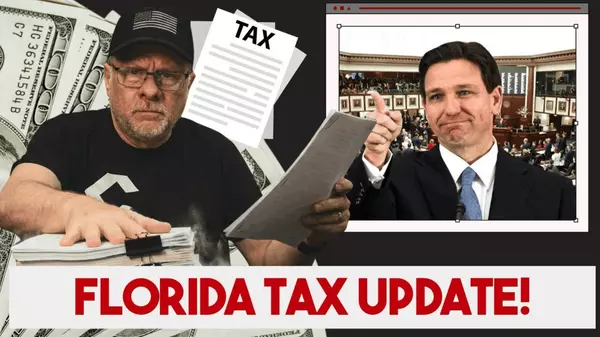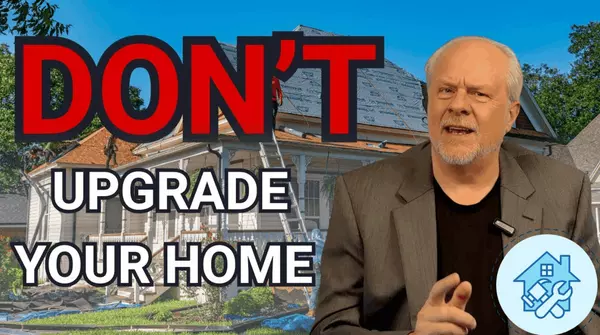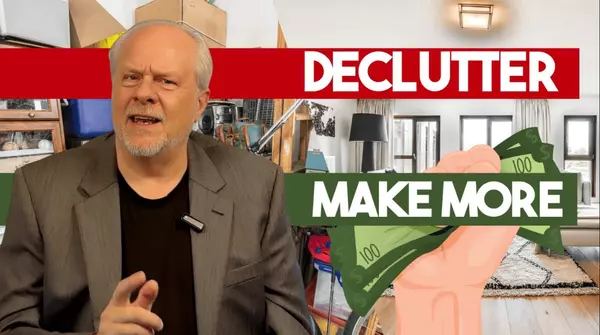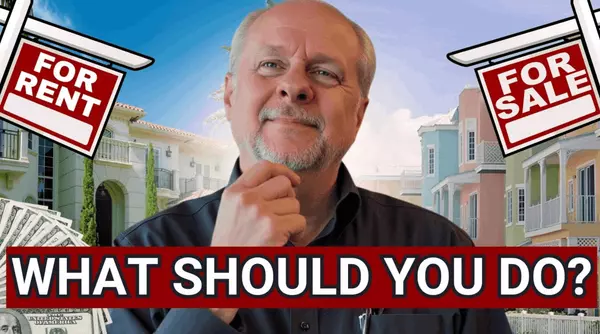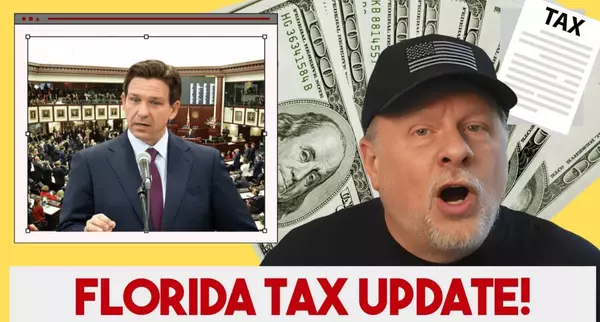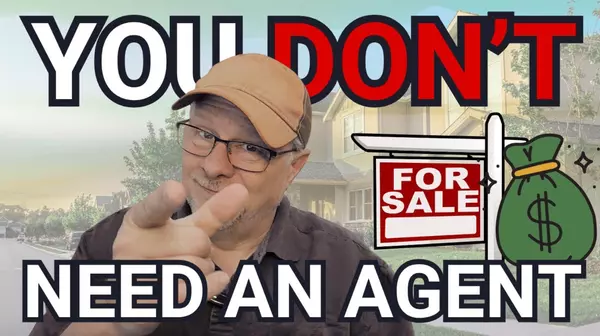The Market Crash … That May Not Happen
Whispers of an imminent housing collapse have grown loud again, echoing through comment sections, nightly news teasers, and anxious dinner‑table debates. Florida’s real‑estate veterans have heard those warnings on loop since the middle of the last decade, yet year after year the feared cliff never arrives. What keeps conjuring the specter of 2008, and why does the data on the ground keep refusing to cooperate with the doom‑and‑gloom narrative?
The answer starts with memory. The great housing bust of 2008 was seared into the nation’s collective consciousness because it was that rare moment when home values truly plummeted. But a closer look at the historical record reveals just two periods of widespread residential depreciation in the past century: the Great Depression and the sub‑prime crisis. Every other recession—including the sharp Covid shock of 2020—left the typical American house either flat or appreciating. For prices to crater, a perfect storm must gather: easy money, lax underwriting, hyper‑speculative building and, above all, weak regulation. That toxic cocktail existed in 2008. It does not exist today.
Congress’s post‑crisis remedy—most notably the Dodd‑Frank Act—forced lenders to abandon the “ninja” era of no‑income‑no‑job loans. Now a borrower must clear real credit and documentation hurdles, and investors must verify risk. Add in far tighter builder pipelines—no one is throwing up 15,000 speculative homes where 3,000 will do—and the supply‑side excesses that once toppled the market simply are not there. Yes, hiccups and local corrections can—and do—surface, but the broad foundation is far sturdier than it was seventeen years ago.
Central Florida illustrates that resilience in living color. Single‑family listings priced correctly are moving in roughly two to three months, a cadence that signals balance rather than frenzy. Inventory hovers below six months, the classic dividing line between a buyer’s and a seller’s arena. Condominiums tell a different story because of Florida’s newly strengthened structural‑integrity rules; hefty assessments have pinched owners and softened beachside condo prices dramatically. Yet step away from the coastline and the detached‑home market remains remarkably insulated, with values holding or gently edging forward rather than retreating.
Supply and demand dynamics explain why. Low inventory grants sellers leverage, high inventory hands the baton to buyers, and in‑between conditions create that delicate middle ground where each side wins some and yields some. Central Florida currently lives in that middle. Overpricing out of nostalgia for 2021’s bidding wars still happens, but such listings are trimming ask prices rather than dragging down entire neighborhoods. Meanwhile, a house marketed at fair market value can still attract multiple offers if it checks the right boxes.
For buyers, this environment delivers opportunity disguised as homework. Solid credit unlocks the best rates, and a meaningful down payment reduces or even removes private mortgage insurance—a fee that exists solely to protect the lender. Preparation also means patience. The right deal might be three blocks away from the dream cul‑de‑sac, or it might be the sixth showing instead of the first. Flexibility on cosmetics (fireplaces can be added later) and an unwavering focus on immovable factors (commute time, school zone) often yield tens of thousands in savings without sacrificing true quality of life.
Investors face a more nuanced calculus. Rental yields have not kept pace with purchase prices; the once‑reliable one‑percent‑rule—rents equal to one percent of acquisition cost—has slipped out of reach for many properties. Some seasoned landlords are pivoting: selling rentals to owner‑occupants, chasing distressed rehabs, or building new inventory from the ground up. Others accept thinner or even negative monthly cash flow in exchange for long‑term appreciation and tax strategies. Those approaches can work, but they require discipline and a clear exit horizon—not the speculative free‑for‑all of the early‑2000s.
If there is a single beneficiary of perpetual crash chatter, it is the media. Fear, alongside the occasional splash of sensationalism, drives clicks like nothing else. Yet paralysis born of hype is its own cost; waiting indefinitely for a mythical fifty‑percent price rollback can mean missing years of equity growth, potential refinance opportunities, and the simple joy of owning a home that suits one’s real life.
Corrections will come and go; they always have. Slowdowns will alter the tempo; they always do. But housing is less a roulette wheel and more a patient game of strategy: buy when prepared, hold through the noise, and refine the asset when rates or life goals shift. Central Florida, with its mosaic of stable subdivisions, evolving condo regulations, and ever‑growing population, continues to reward that long view.
So the question is no longer “Will the market crash tomorrow?” It is “What steps can I take today to be ready for whatever tomorrow delivers?” The answer lies in credit scores polished above 720, down‑payment funds waiting in the wings, a list of non‑negotiables tempered by a healthy dose of flexibility, and a willingness to pounce when the numbers pencil out—whether that opportunity surfaces next week, next quarter, or next year.
Because while the loudest voices warn that the sky is falling, history and on‑the‑ground metrics keep repeating a quieter truth: real estate, like the state it’s built upon, tends to shine brightest after the storm clouds pass.
That is why informed guidance matters. Reliable local data, realistic affordability planning, and seasoned lending partners turn down the volume on scare‑tactic headlines and up the clarity on actual numbers. For Floridians—or soon‑to‑be Floridians—who want those facts without the spin, the free Sunshine State Handbook (QR code in the video) distills evergreen truths about buying, selling, and investing across the peninsula.
🎁 Free Bonus for You: I also put together the Sunshine State Handbook, a totally free, no-fluff guide that walks you through:
- Moving to Florida tips
- Florida tax and homestead exemption secrets
- HOA realities, short-term rental rules, and more
👉 [Download the Sunshine State Handbook now]
📲 Have questions? Need advice? I answer every call, text, and email personally.
Thanks for being part of this amazing journey.
– Tom McNamara Your FL Real Estate Insider
Categories
Recent Posts
